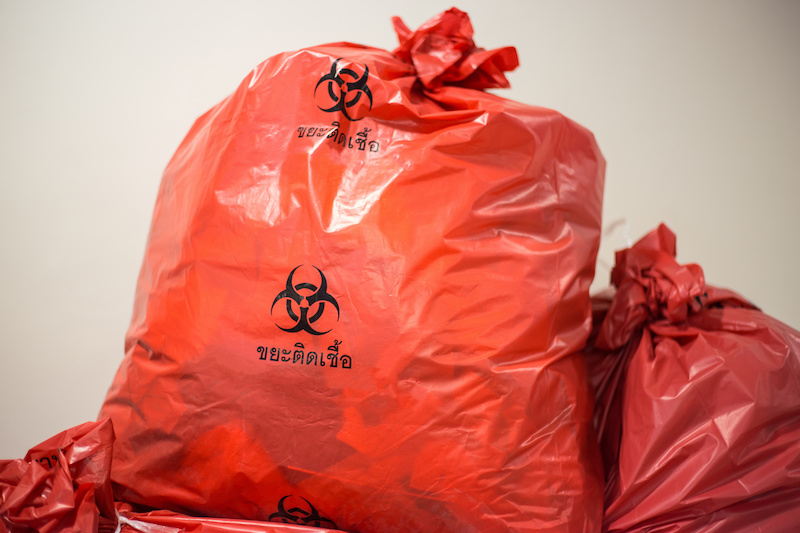Surgical Preference Cards
By: Ashwin Kulkarni
Published: July 10, 2019
4,000,000 pounds. You heard that correctly. Nearly 2,000 tons of waste accumulate from operating rooms (ORs) every single day, with a significant portion of this waste in the form of disposable medical devices.
The author of a recent study published in the Journal of Neurosurgery, James Yoon, found that an average of $968 worth of disposable medical devices are wasted per procedure in in UCSF’s neurosurgical department.
The annual cost of this waste lies at $2.9 million. And that’s only at one department within one hospital without mentioning the cost of medical waste, which costs 10 to 15 times more than common waste disposal.
The study noted unused and wasted supplies during 58 neurosurgical procedures – ranging from brain tumor resections to craniotomies – in August 2015.

Wasted supplies included low-cost items such as sponges and gloves. However, the researchers found that waste-associated costs primarily come from higher priced supplies such as screws and sealants.
Not surprisingly, UCSF found a prime culprit for this waste: outdated surgical preference cards.
Surgical preference cards are a major reason why waste continues to collect within the operating rooms. Without a proper surgical blueprint, surgeons and their team have a difficult time anticipating what supplies and tools they may need for each procedure. As a result, they often open more supplies than needed in case they end up using them.
OR Link’s cloud-based digital preference card goes a long way toward solving this issue. Surgeons are able to set their floor plan, pick from different anesthesia and determine the precise instruments needed for their surgeries. By sharing these accurate preference cards with their team, surgeons can update these preference cards as needed while verifying them with nurses, anesthesiologists and other surgeonsThis also improves patient safety, reducing OR openings during surgeries to obtain other supplies and medicines that weren’t in the room beforehand as a result of inaccurate preference cards.
This also improves patient safety, reducing OR openings during surgeries to obtain other supplies and medicines that weren’t in the room beforehand as a result of inaccurate preference cards.
“Our preliminary analysis shows that we can save more than $400,000 per year on an ongoing basis by maintaining clean and accurate surgeons’ preference cards. To the extent OR Link will help any hospital achieve that goal, the platform will be very valuable,” said Christopher Ash, Chief of Surgery at Geneys Health System in Grand Blanc, Michigan.
